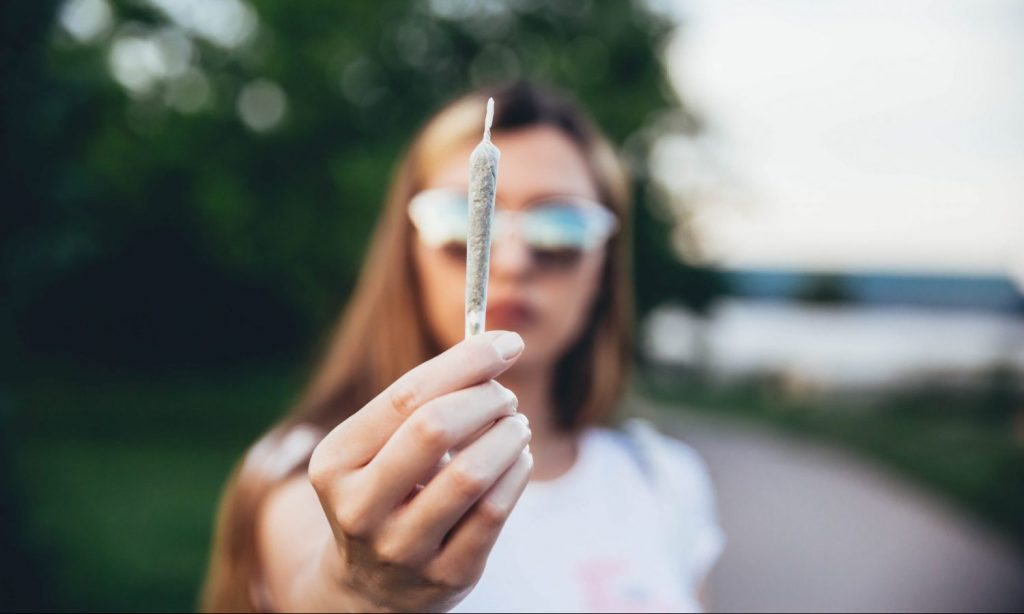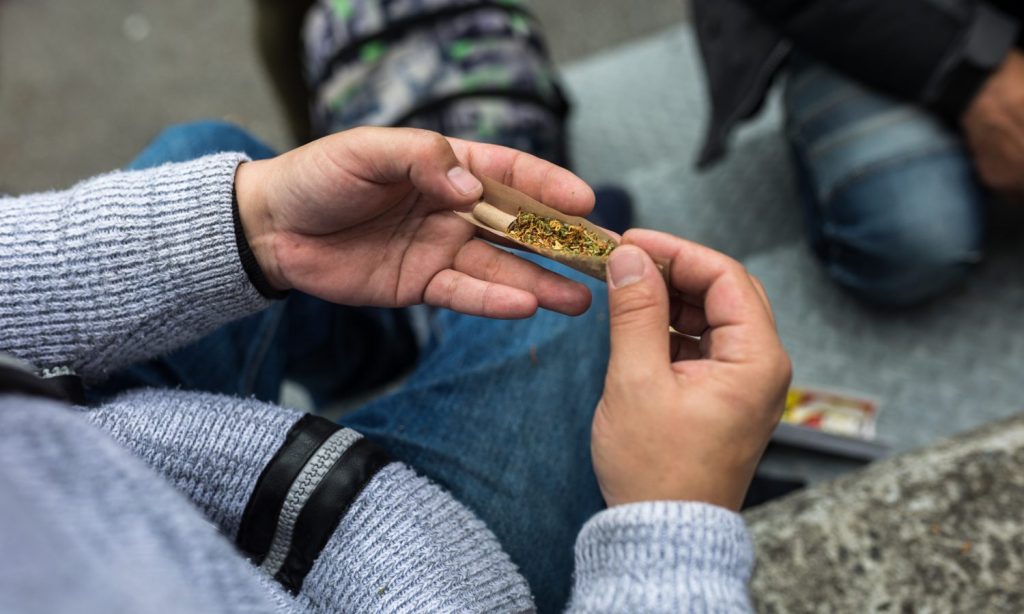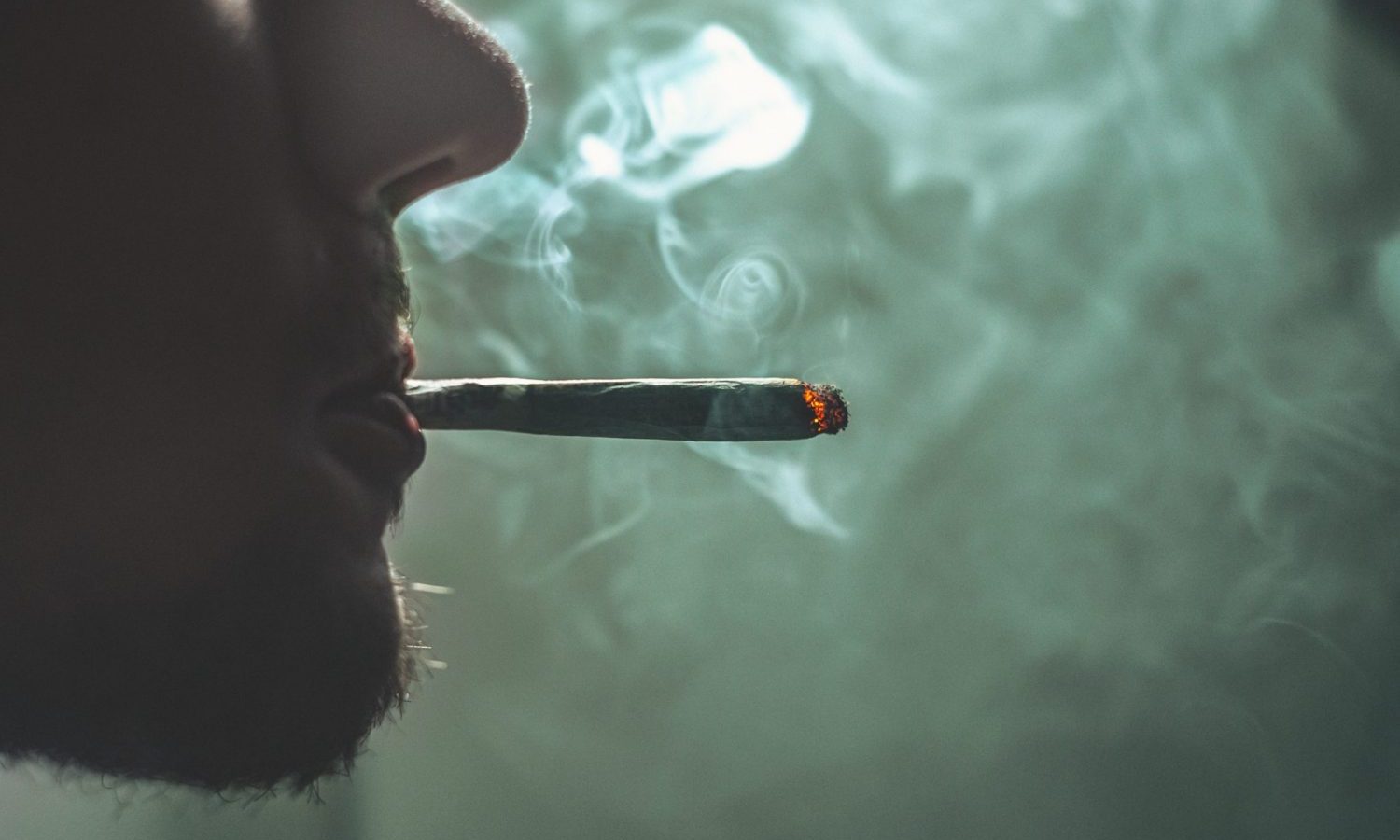Researchers believe the only natural way to prevent getting hammered with cannabis-related health issues is to sidestep it.
Ever since marijuana started going legal in the United States, the news has been filled with countless reports of people getting their butts handed to them because of it. At first, much of the trouble was blamed on edible pot products — or rather, the average citizen’s ignorance over how much THC is too much to take at one time.
But then, the terror grew into the potential harms of vaporizers, how smoking was as bad as cigarettes and a slew of other hazards that one might encounter if they dance with the doobie. However, scientists now believe they understand how cannabis can be used safely, and they want to share their thoughts with the public.
Researchers from Canada recently published a list of guidelines in the American Journal of Public Health, providing cannabis users with 10 ways to increase their chances for survival in the modern stoned age. According to Dr. Benedikt Fischer, senior scientist at the Centre for Addiction and Mental Health, the team has uncovered “factual, science-based information” to help the average cannabis user avoid both short and long-term health problems associated with cannabis.

Unfortunately, the latest guidelines aren’t going to be well-received by many. Especially not by those who believe that cannabis is a medicinal plant and not something to be feared. In fact, most cannabis users aren’t going to appreciate the number-one line of defense against the perils of pot — and that’s abstinence.
Researchers believe the only natural way to prevent getting hammered with cannabis-related health issues is to sidestep it. “The most effective way to avoid cannabis use-related health risks is abstinence,” researchers declared. With that said, scientists realize that their weed wisdom isn’t going to stop most adults from smoking marijuana. However, they want to caution the younger generations against getting high too soon.
“Avoid using cannabis at an early age, specifically before the age of 16 years old,” the guidelines state.
The subsequent warnings focus on potency and quality. Researchers urge cannabis users to opt for lower levels of THC or select “balanced THC-to-cannabidiol (CBD)-ratio cannabis products.” The report also asks for users to avoid dangerous synthetic cannabinoids known as “Spice” and “K2.”
Smoking is also a considerable threat. Researchers want cannabis users to avoid this method of consumption at all costs and switch to safer alternatives. “Avoid smoking cannabis and opt for non-smoking use methods, such as edibles,” the report reads, adding that users should also “avoid deep or other “risky” inhalation practices.” All in all, the message is that smoking anything is bad news.Smoking is also a considerable threat. Researchers want cannabis users to avoid this method of consumption at all costs and switch to safer alternatives. “Avoid smoking cannabis and opt for non-smoking use methods, such as edibles,” the report reads, adding that users should also “avoid deep or other “risky” inhalation practices.” All in all, the message is that smoking anything is bad news.

The guidelines go on to discourage daily use. Avid marijuana consumers often partake in their drug of choice on a daily basis (usually starting with the morning wake and bake) to ward off the tragedies of the day. Some even claim that life would not be possible without a little THC rattling around in their brains. But researchers find this habit can be a detriment to a person’s overall health. “Avoid high-frequency use, that includes both “daily and near-daily,” the report states.
RELATED: This Is How To Know When It Might Be Time To Lay Off Marijuana
Researchers also advise against driving stoned and any use if there is a family history of mental illness.
Right now, the United States is progressing on the cannabis issue more with each passing week. There is even a chance that we could see the plant considered for full-blown legalization in Congress later this year. Advocates often complain that legal weed would be no greater threat to civil society than alcohol and tobacco. Both legal substances continue to bury hundreds of thousands of people every year, yet the products are a driving force behind the American economy. Some believe that marijuana is totally safe, yet more research emerges all the time showing how some users still experience health issues and struggles. Not everyone can handle their weed.
RELATED: 6 Ways To Tell If You’re A Dedicated Marijuana User
Canadian researchers think their strategy on cannabis consumption may prevent significant casualties as legalization progresses. “These guidelines are an important tool supporting a public health approach to cannabis use,” says Ian Culbert, Executive Director of the Canadian Public Health Association.
“People who use cannabis and cannabis-derived products, front-line practitioners, and public health professionals can all benefit from having access to evidence-informed guidelines that can help reduce the potential negative health effects associated with cannabis use. Through their widespread adoption, the guidelines will provide people who use cannabis with the information they need to manage their use and protect their health and well-being.”


